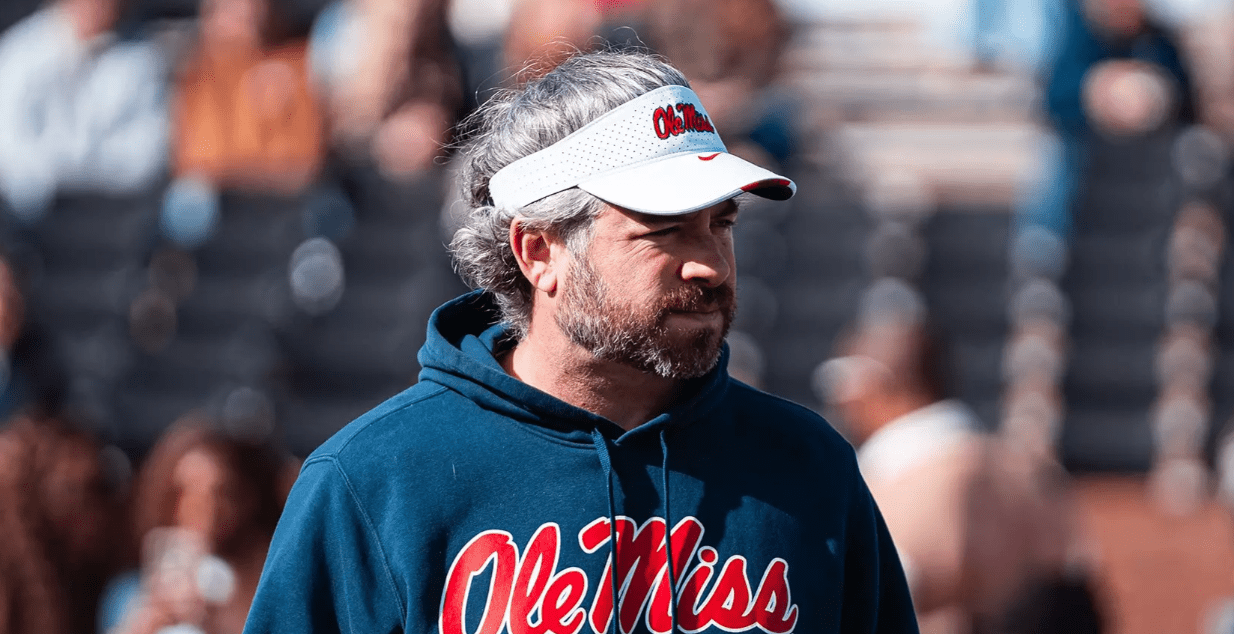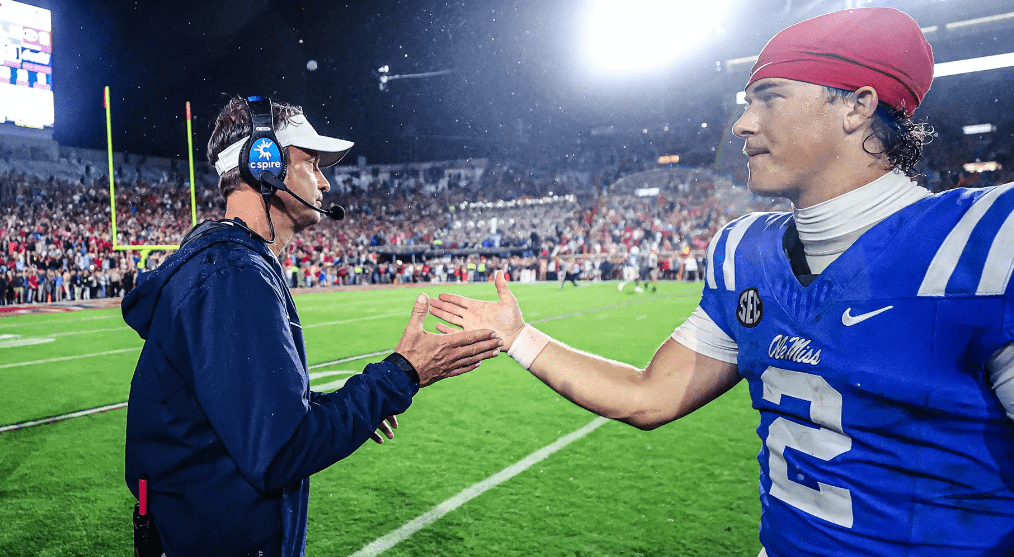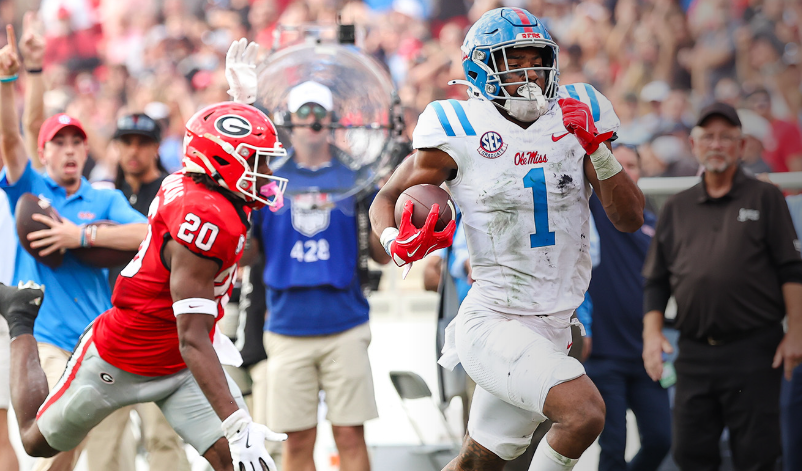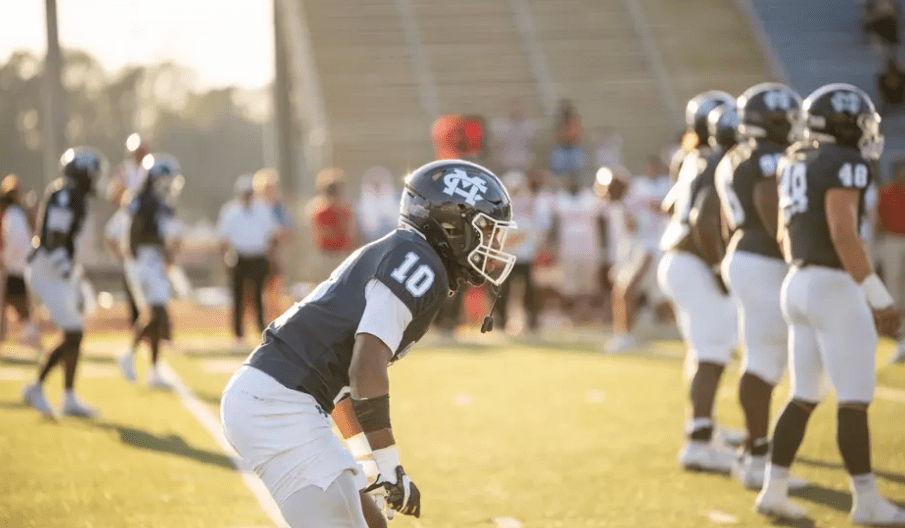
Mississippi College Football (Photo from MC Athletics)
- Mississippi College President Blake Thompson told Magnolia Tribune that the potential impact of NIL contributed to the decision to shutter the 117-year-old football program.
There is no “next year” for the Choctaws.
Mississippi College will have a new name in 2026 — Mississippi Christian University, but more jarring changes will come sooner.
In a sweeping release on Monday, Mississippi College announced this season would be its last on the football field. The news rippled across the internet quickly, with a wide range of reactions from shock to sadness. Young men committed to playing football for the Choctaws, along with a bevy of coaches and staff, are left to figure out what’s next.
RELATED: Oldest Mississippi institution of higher learning changes its name to Mississippi Christian University
Magnolia Tribune visited with Mississippi College President Blake Thompson in the wake of the decision. Thompson points to “Name, Image and Likeness,” or NIL, as a catalyst for the decision.
The school’s administration and its board of trustees are in agreement: Mississippi College, under any name, will not pay its athletes.
“We as an institution are just not going to get into that business of paying student-athletes. That’s going to impact our ability to compete, but we also believe we have a set of values here that we’re going to stick to. We’ve all chosen, our board included, to move forward,” Thompson said. “It’s a strategic decision of seeing where the landscape is headed, and us just not being comfortable going in that direction with those who choose to go in that direction.”
While not as significant as with Division I athletics, NIL has impacted Division II sports. In a two-year span, between 2021 and 2023, the number of Division II athletes entering the transfer portal nearly doubled, according to the NCAA.
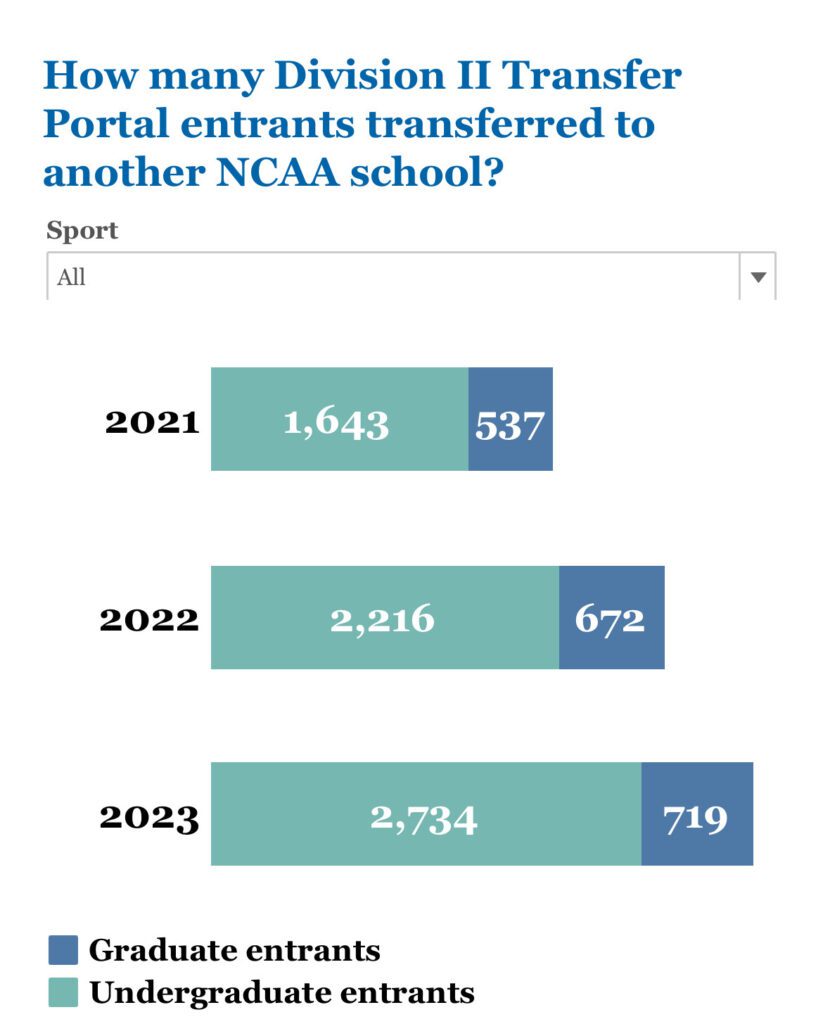
Thompson says he sees the impact of NIL on Division II athletics accelerating and that it would impede Mississippi College’s ability to compete on the football field moving forward.
“We have played against any number of teams already with NIL student-athletes,” he said. “Intercollegiate athletics, especially football, is about to undergo transformational change, changes like we’ve never seen before. We just made a strategic decision that it was in our best interests as an institution to focus on things we could do really well. We made the decision that we couldn’t do really well in football anymore.”
Dr. Dylan McLenore, associate professor of sports media at Oklahoma State University and a Mississippi College graduate, says the university won’t be the last program to fall.
“With the new uncertainty regarding the instability of athletic conferences, as well as how expanded Division I football rosters and NIL rights will impact the Division II landscape, and I’m afraid Mississippi College will not be alone in making this difficult decision,” McLenore said.
Long before the advent of NIL, the Choctaws’ football program struggled to compete.
MC football hasn’t had a winning season since 2009, when coach Norman Joseph’s team went 9-3 and lost in the second round of the NCAA Division III playoffs.
The Choctaws won the Division II national championship under John M. Williams in 1989, a title later vacated by the NCAA for recruiting violations.
MC reclassified to Division III for athletics in 1997. It returned to Division II competition in 2014.
Several prominent sports commentators and public figures questioned the narrative around the closure of the program. Former player and current Chairman of House Ways and Means, State Rep. Trey Lamar, raised questions about the announcement on X.
“Heartbroken. As a former Choctaw football player, I know I speak for thousands who demand a better explanation than this. What a poor effort of explaining such a major decision that affects so many & guts the future of this historic football program,” Lamar wrote. “If Mississippi College, who has a football program that’s 117 years old and full of tradition, can no longer ‘afford’ to have a football program then Delta State, Alcorn, Mississippi Valley and all of our 15 community colleges in Mississippi cannot afford to have a football program either. Mississippi College has vastly more resources than these schools.”
Thompson, however, sees opportunity for more vibrant campus life ahead for Mississippi College, including more planned student events on the weekends including the return of concerts.
“We’ll be in better control of our schedule. We can schedule things when there are not two SEC games going on in the state of Mississippi on a Saturday. I’m convinced we can make this just as enjoyable as it’s always been – maybe even more,” Thompson said.
Football players will have athletics scholarships honored for the remainder of the academic year.
Moving ahead there will be no athletics scholarships, but the school will work with players who choose to remain and will transition them to internal or academic scholarships, Thompson said.
The football budget for the 2025-2026 academic year will be reallocated in three ways. Some money will go back into academics; some will go into a capital reserve fund to upgrade athletics facilities; some will go to the remaining 17 sports.
Mississippi College first fielded its football team in 1907.
The Choctaws lost 20-14 at rival Delta State Saturday, ending their last season at 2-8 overall, 1-6 in Gulf South Conference play.

